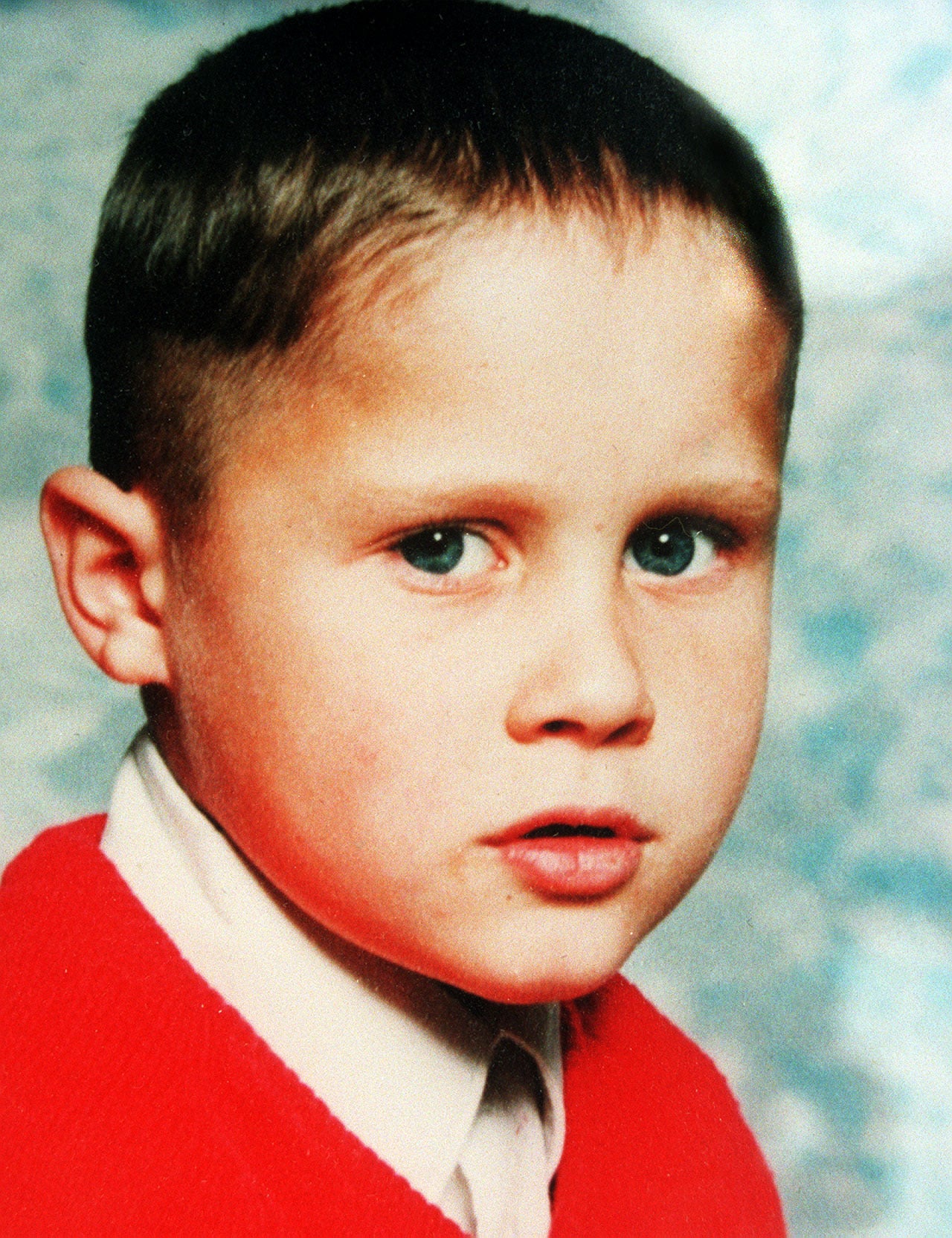‘Fundamental error’ meant child killing went unsolved for 20 years, court told
James Watson, 40, denies murdering six-year-old Rikki Neave in November 1994.

A “fundamental error” left the murder of a six-year-old boy unsolved for more than 20 years, a court has heard.
James Watson was aged just 13 when he allegedly launched a “surprise attack” on Rikki Neave and strangled him with his own jacket on November 28 1994, the Old Bailey heard.
He then allegedly stripped the boy’s body and posed him in a “star shape” in woodland, before dumping his clothes in a nearby bin.
Watson, now aged 40, was seen with the victim on the day he went missing and was spoken to by police as a witness at the time, the Old Bailey was told.
He went on to develop a “grotesque” interest in child murder, jurors were told.
More than 20 years later, Watson’s DNA was allegedly found on Rikki’s clothes.
Meanwhile, Rikki’s mother Ruth Neave had been wrongly accused of the killing but was cleared by a jury, the court heard.
At the start of Watson’s Old Bailey trial on Tuesday, jurors heard a recording of Ms Neave’s 999 call to report her son missing on the evening of November 28 1994.
Just after 12 noon the next day, Rikki’s body was found by a police officer in woodland near the housing estate in Peterborough where he lived.
Prosecutor John Price QC said it was a place where Rikki and his friends used to play and was just a five-minute walk from his home.
Mr Price said: “He had been strangled. The body was naked. It was lying on the ground, flat on its back.
“It had been deliberately posed by the killer, in a star shape, with outstretched arms, and his legs placed wide apart.
“There was no sign of any of Rikki’s clothing. But perched poignantly on a leaf, just 18 inches from the left hand was a single, small, white shirt button.”
The following morning, another officer found the boy’s missing school uniform in a wheelie bin around 150 yards away.
Mr Price said the laces on his black shoes were still tied, his underwear and socks were rolled up in his jacket and three small white buttons were missing from his shirt.
In the right-hand pocket of the jacket were two small plastic toys and some cards.
Six months later, Rikki’s mother was charged with murder and child cruelty, the court heard.
While she admitted cruelty, she always denied having anything to do with Rikki’s murder and was unanimously acquitted at Northampton Crown Court in October 1996.
Mr Price told jurors it was the correct verdict as she could not have done it.
This fundamental error deflected the focus of attention of the investigation. It took it away from where it should have been.
He suggested the “error” was largely down to incorrect weight given to sightings of Rikki at a time when reliable evidence showed he was already dead.
Mr Price said: “Much of this reliable evidence was itself acquired during the first investigation, but its true significance and importance was misunderstood or ignored.
“This fundamental error deflected the focus of attention of the investigation. It took it away from where it should have been.”
As a result, Rikki’s murder remained a mystery until 2015 when the cold case investigation was opened, jurors heard.
Adhesive tapings from Rikki’s clothes were examined and a DNA match to Watson was allegedly made.
The defendant had been seen with Rikki on the morning of November 28 1994 and was spoken to by police on the day the body was found, the court heard.
Mr Price said a combination of evidence showed Rikki had walked willingly into the woods where he was subjected to a “surprise attack” from behind.
At 1.05pm, a youth was seen walking out of a cul-de-sac where Rikki’s clothes were later recovered.
Mr Price said marks on Rikki’s neck indicated he was “most likely” strangled by his own jacket and then his body stripped.
He also told jurors that in late November 1994, Watson was “exhibiting a grotesque interest in the subject of child murder”.
Watson, of no fixed address, has denied murder.
